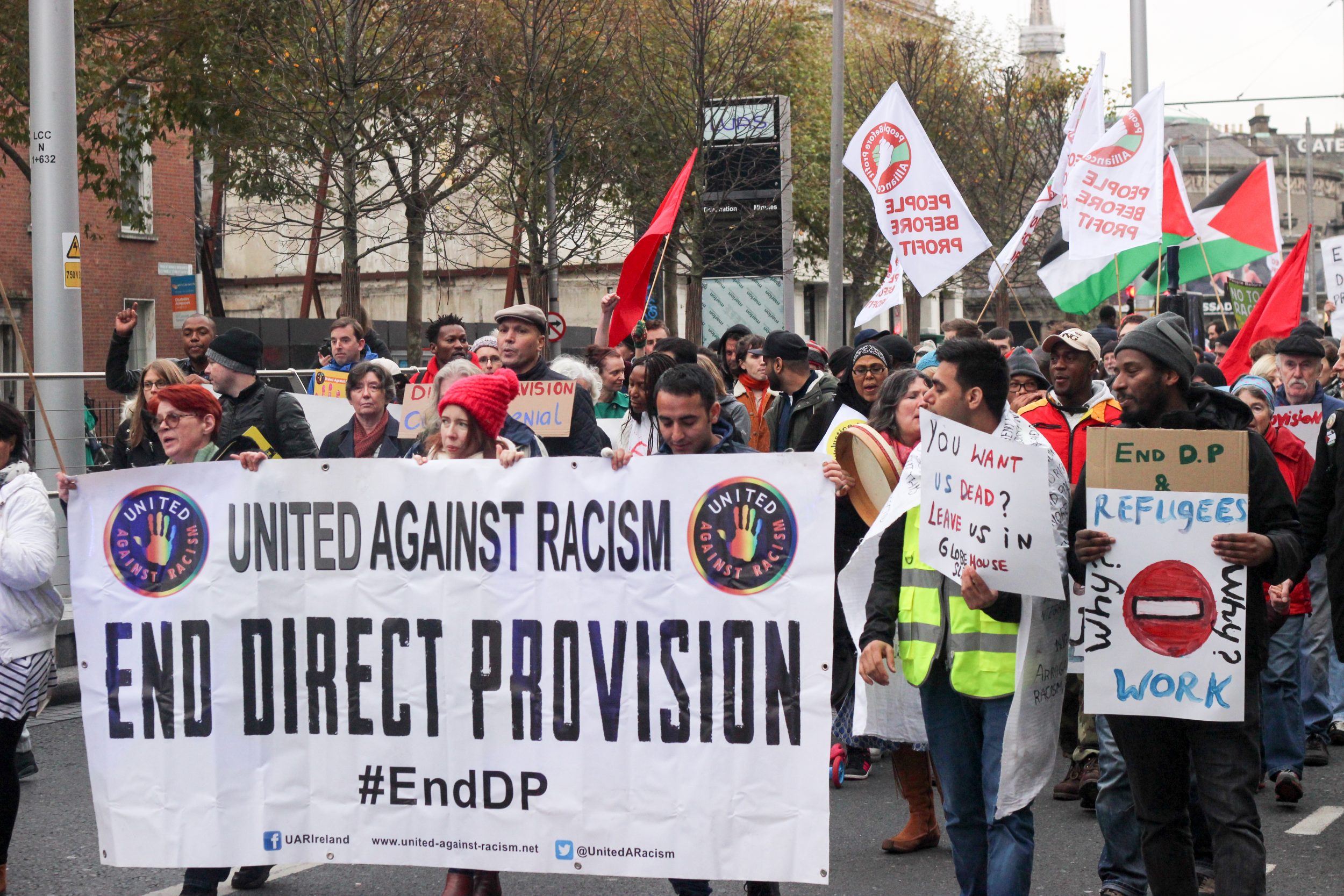“You only leave home when home won’t let you stay.” These are the words of Warsan Shire, a British/Somali poet, that echoed throughout The Attic on the final morning of Refugee week. We sat in a subdued circle, ignoring the tremors in each other’s voices as we read aloud these pleas to humanity, these odes of horror that sunk into the skin, crawled through the nerves and took a steady seat in our minds, constructing warped images of roaring seas, child soldiers and a grief so dark that it consumes you.
But that’s all they are to us: images. In this country, we were born with the great gift of privilege, one we often take for granted. We have the fortuitous advantage of never knowing what it feels like to smuggle our children onto trucks full of strangers or sacrifice our virtues for an unsteady promise of safety. This was the notion behind Refugee week, an opportunity to recognise this privilege and use it for the common good of education and awareness.
Despite a number of diverse events running throughout the week, celebrating a variety of cultures , ethnicities and minority issues, it slowly emerged that unlike Rainbow week or Mental Health week, Trinity’s first ever Refugee week had garnered less attention, less popularity. This was clear not only due to the smaller sized posters, or fleeting SU coverage, but by the sheer amount of people who simply didn’t realise that refugee week was even an event.
Throughout the week, as I informed friends and peers of my upcoming article, I was met by confused faces and bewildered eyes. “Refugee Week?” What caused this response, we must ask our ourselves, this passive disinterest in human crisis?
Crisis, is the only word we can use to describe this epidemic, with over 65.6 million people currently displaced from their homes. We see the facts regularly, the brutal scenes of suffering and tragedy, plastered across Facebook, echoed by volunteers on the streets. Yet how often do we truly take it in? As the Irish poet Eavan Boland wrote in her epic poem The War Horse – “But we, we are safe, our unformed fear, of fierce commitment gone; why should we care?” Have we become so absorbed in our society that we have forgotten our own history?
Many would argue against this; our sympathy surely outweighs our apathy. But are we only sympathetic when it is convenient to us? Two years ago, the image of three-year-old Alan Kurdi lying cold upon the beaches of Turkey were emblazoned across newspapers, shared endlessly on social media.
These posts were rampant with broken heart emoji’s, crying faces, as though somehow, this swipe of a button would be enough to express our horror, that this pixelated cartoon image would make up for the 600 children that would later follow his fate in 2016. Three weeks after his death, the tragedy was forgotten, the horrors of humanity fading away in our heads, leaving little promise of any change to come.
This week was a chance for the students of Trinity to change that, to engage in a discourse designed to spread awareness, to contribute towards an end to the injustice occurring in Syria, Somalia, Afghanistan and countless other countries. This is an event in Trinity’s calendar that ought to celebrated, funded and advertised in every way it deserves to be. As a student body, we can do better and hopefully next year, we will.







